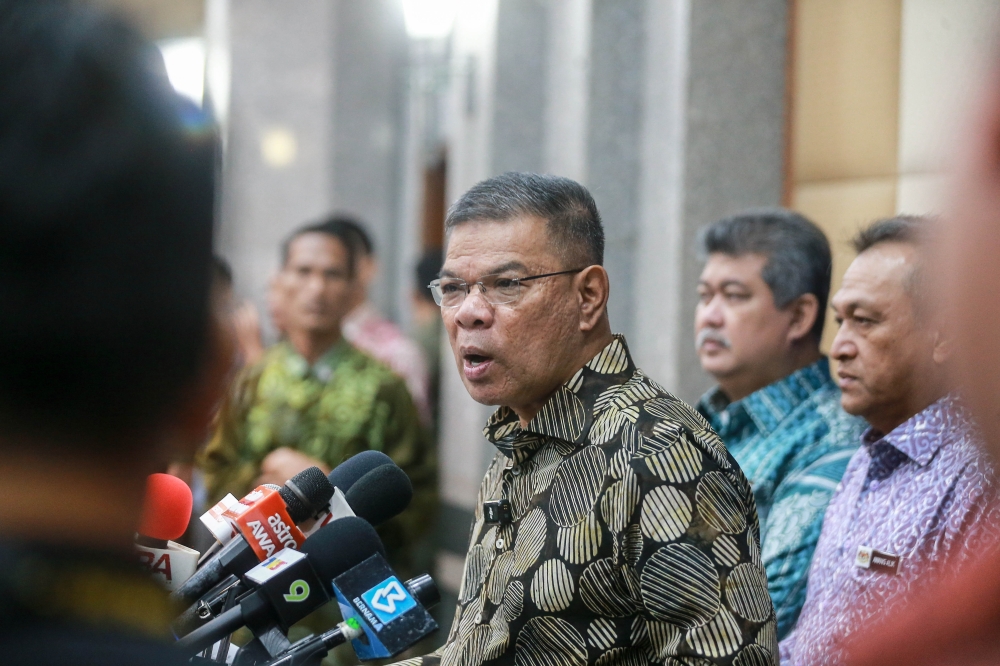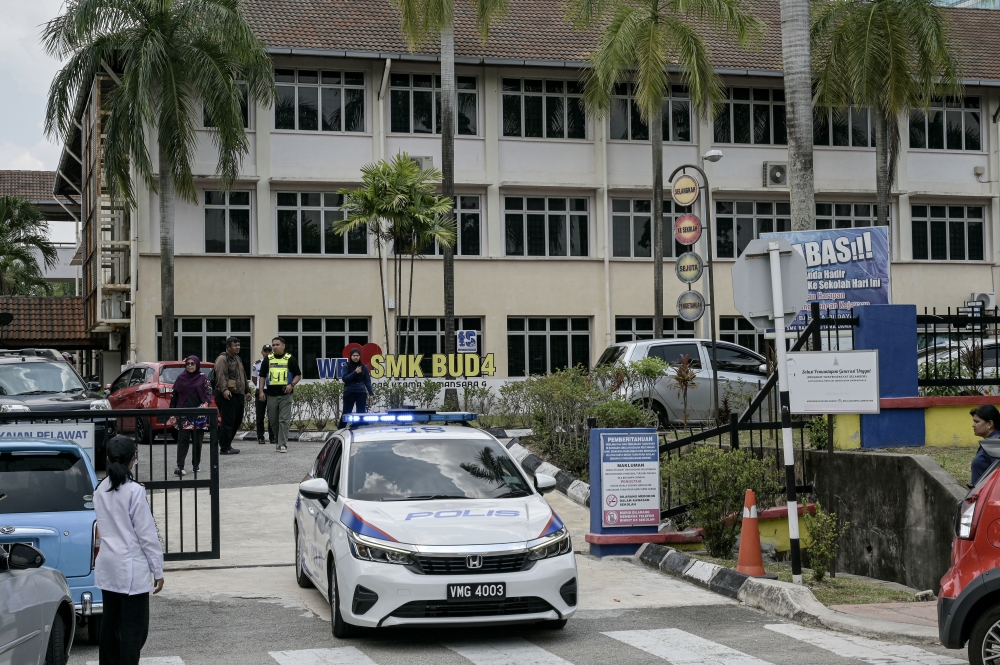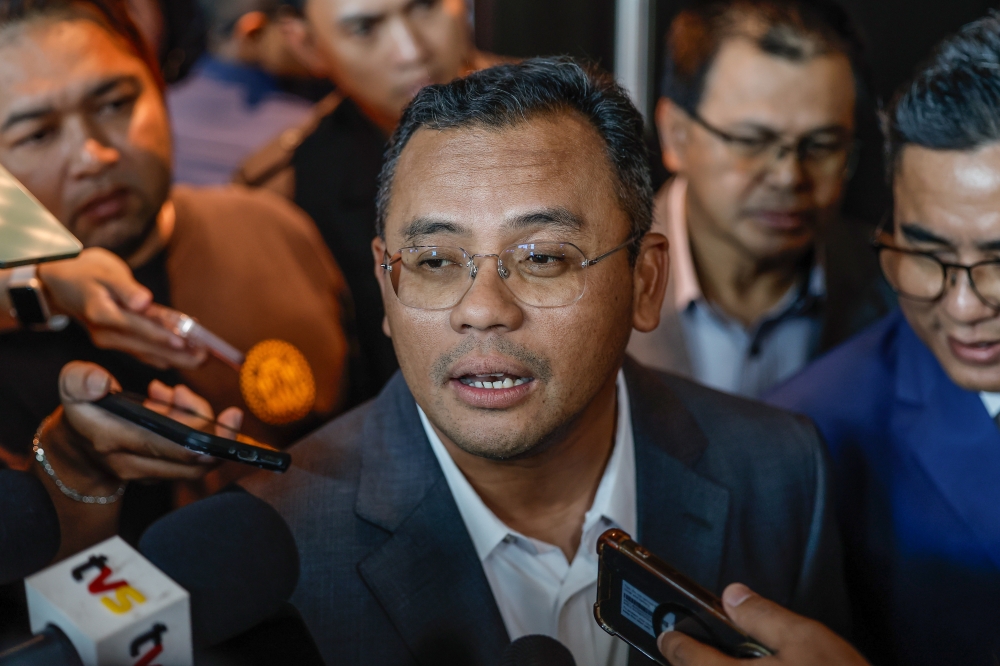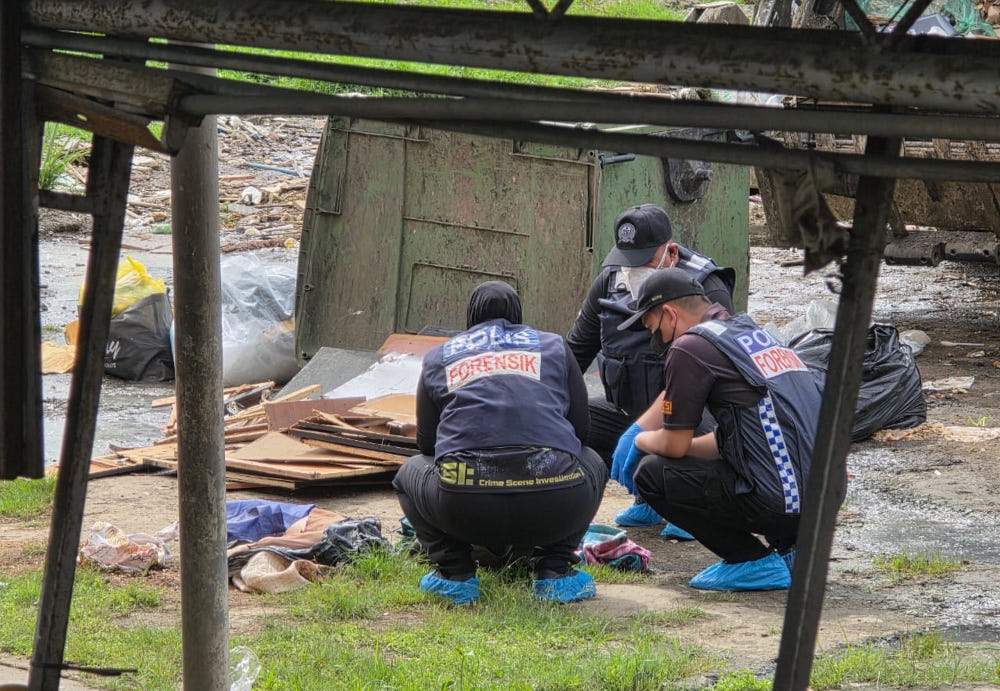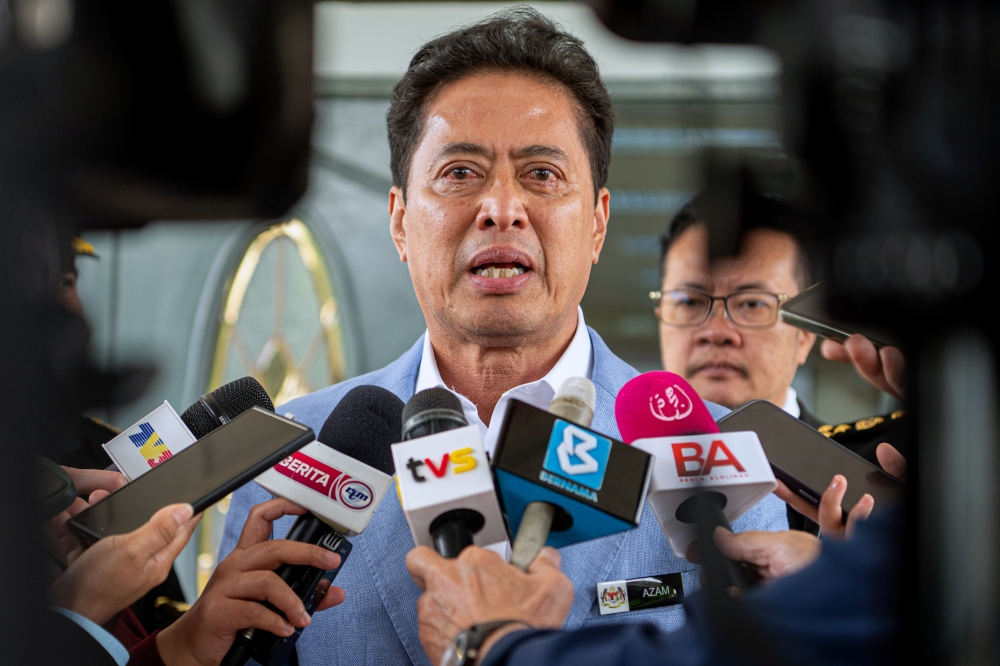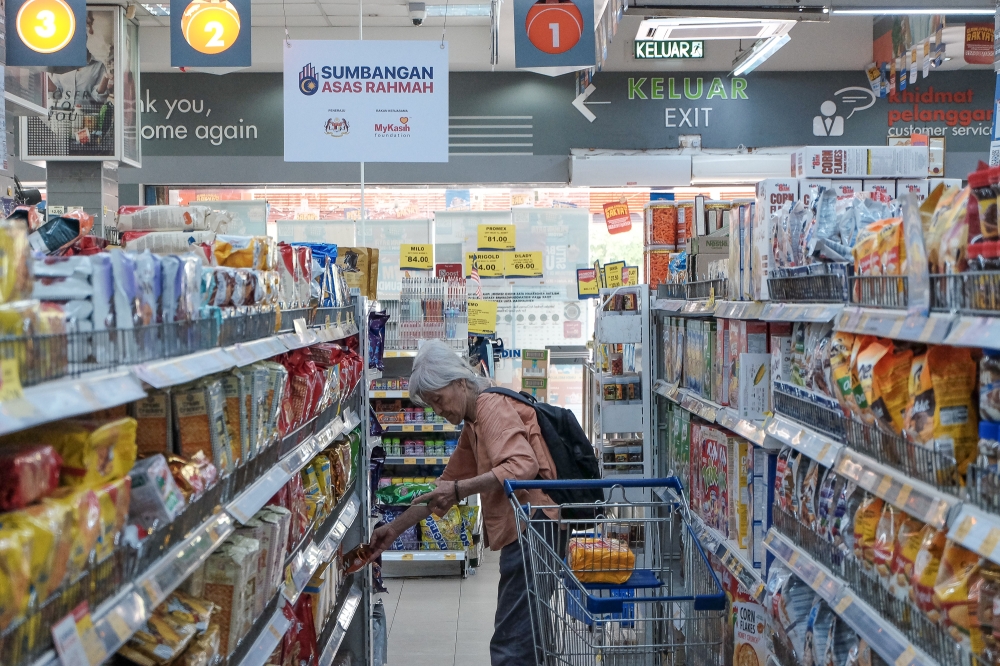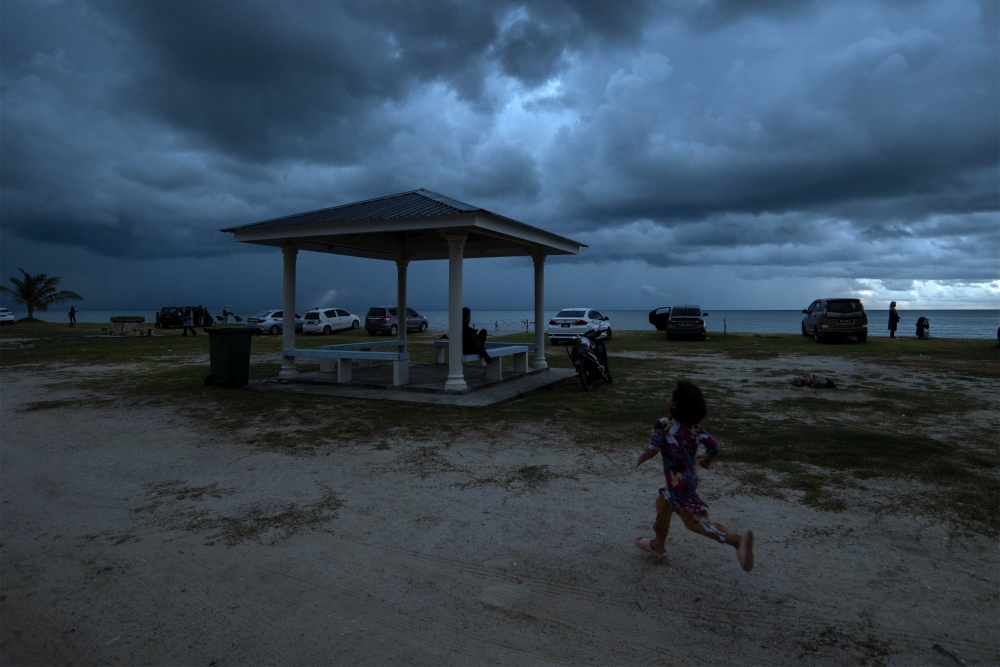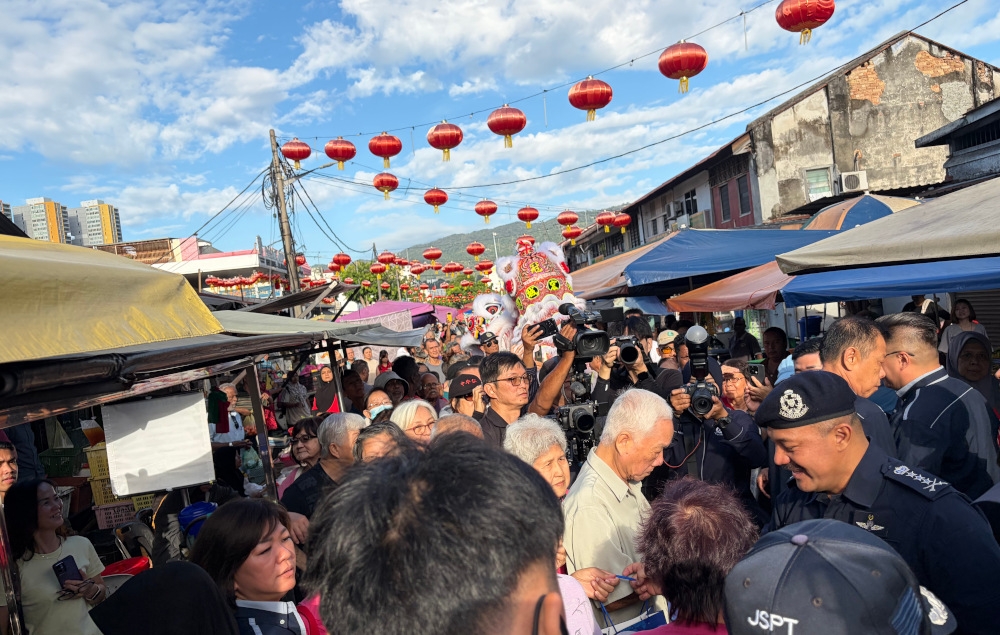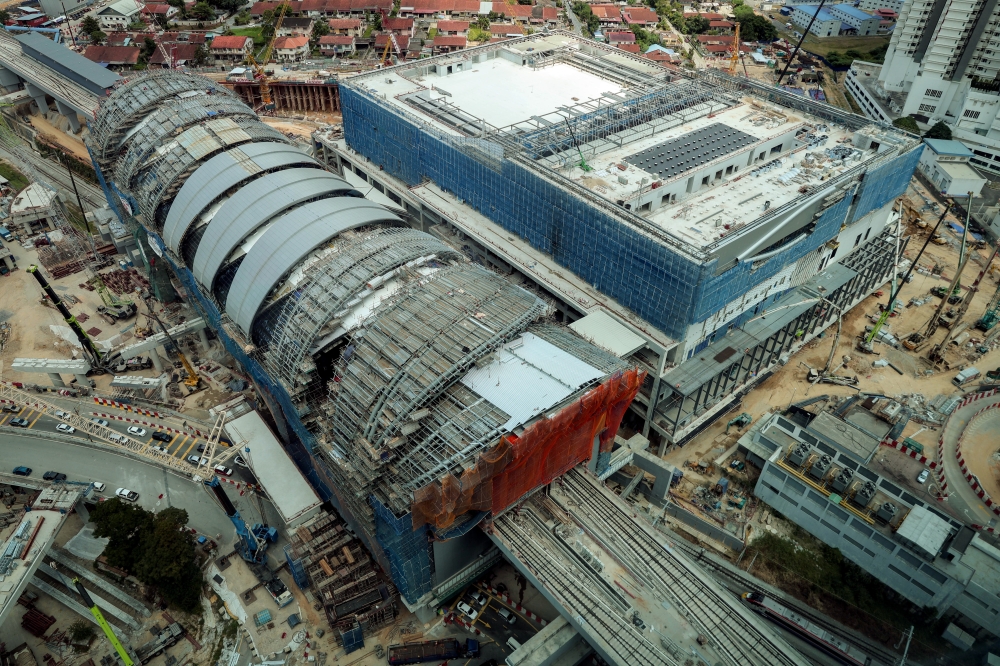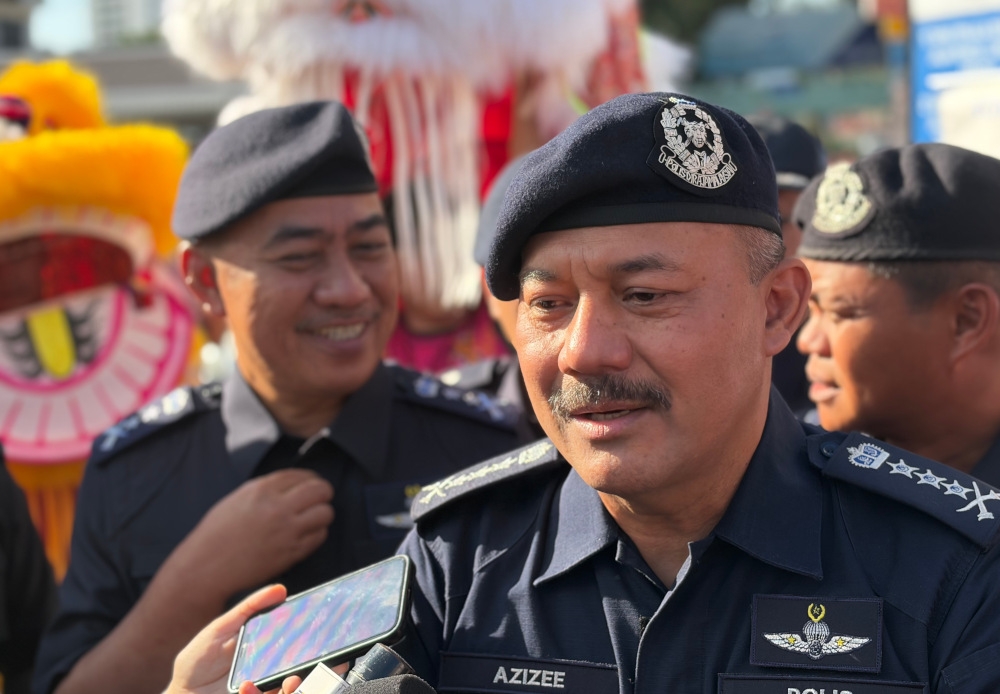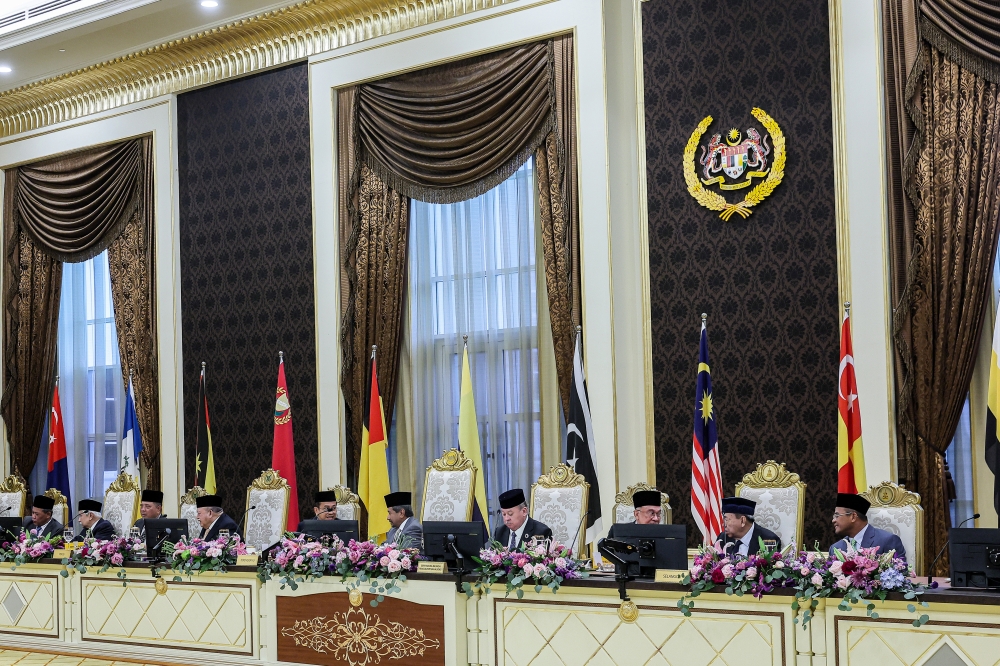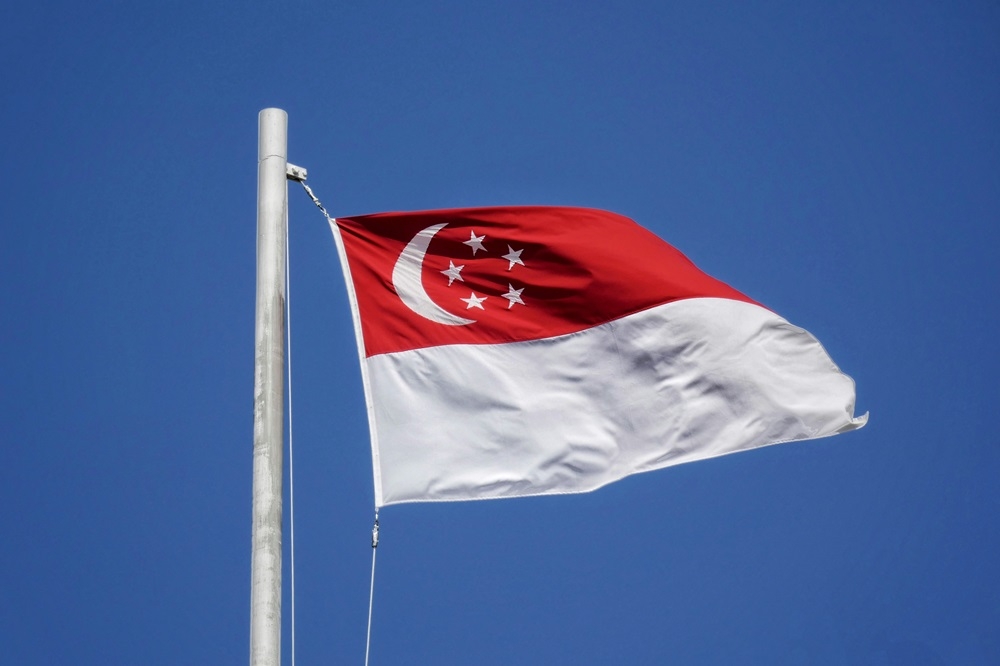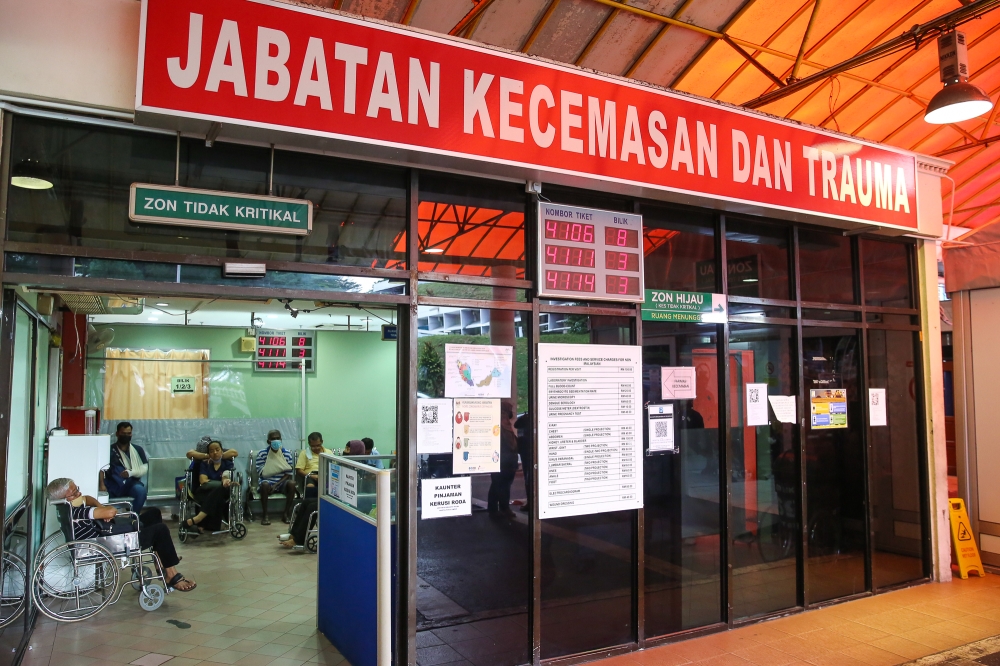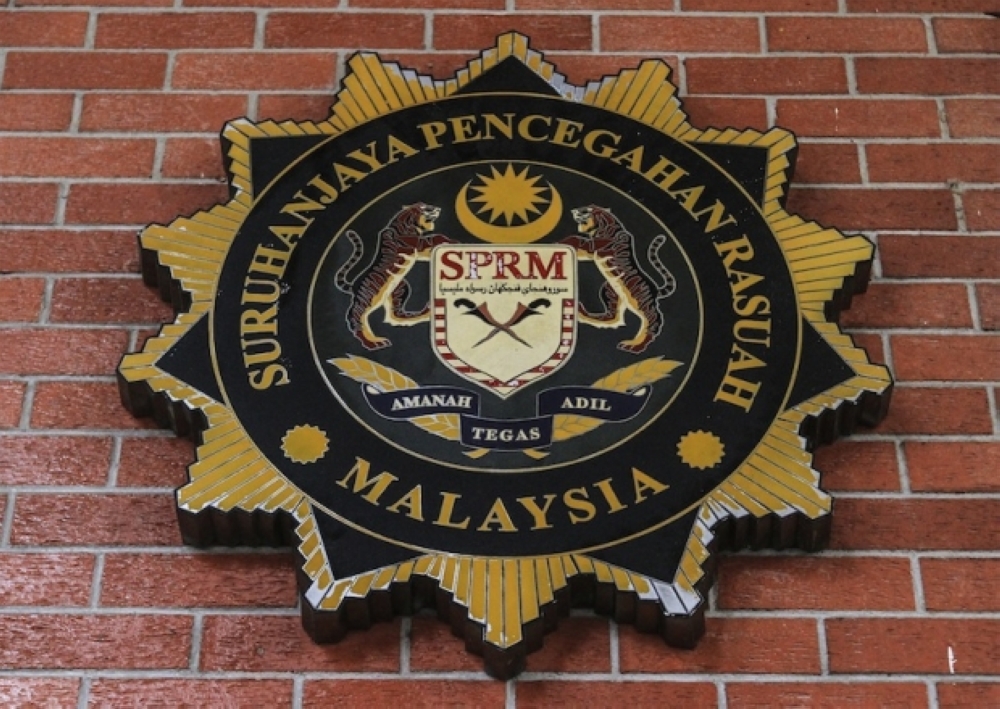KUALA LUMPUR, July 23 — Datuk Seri Ahmad Zahid Hamidi challenged authorities to investigate him over allegedly extortionate fees to register Nepali workers bound for Malaysia, after denying the claims made by Nepali Times last week.
The former deputy prime minister pointed out to reporters in Parliament that the Nepali outlet wrongly claimed that a “Amin Abdul Nor” who ran the Bestinet Sdn Bhd firm accused of fleecing the migrant workers was his relative.
Zahid said he did not have such a relative by the name, and maintained that he did not receive any financial gain from the firm or the arrangement that he noted was already in place when he arrived at the Home Ministry.
“I am willing to be investigated. Show proof that I am involved or abused my powers, or any of my family members are involved.
“Please do an investigation as I am ready to face it,” he said in the lobby of the Parliament building.
The former home minister further insisted he has no links to or equity in Bestinet.
The Nepali Times alleged in a report last week that Malaysian and Nepali officials were colluding to apply inordinate fees on the latter country’s workers intending to work here.
It claimed the collusion has allowed the offending officials to pocket more than Rs5 billion (RM185 million) over a period of five years starting 2013.
Among others, it noted that the Nepali previously paid just 700 Nepalese rupees (RM26) to be registered as a prospective migrant worker at any of the country’s employment agencies.
However, this rose to 4,500 Nepalese rupees (RM167) due to a requirement for the health screening to be conducted at one of only 39 approved centres.
The prospective worker must also authorise One Stop Centre (OSC), a Malaysia-appointed firm, to arrange for the collection of documents for delivery to the country’s embassy in Kathmandu, for which it charged an additional 2,800 Nepalese rupees.
In Malaysia, it said Bestinet also imposed a fee of 3,200 Nepalese rupees for document scanning and fingerprinting as well as another Rs3,500 to simply make the data available online.

